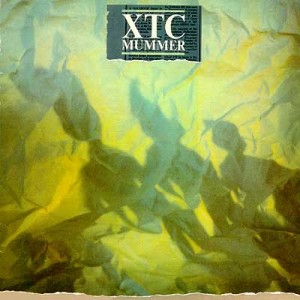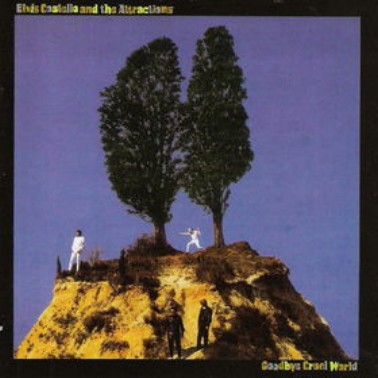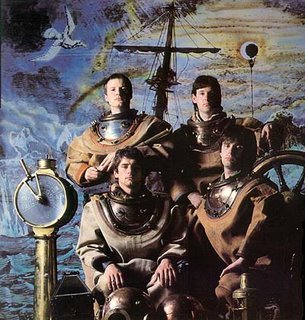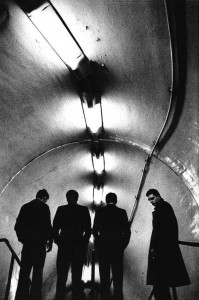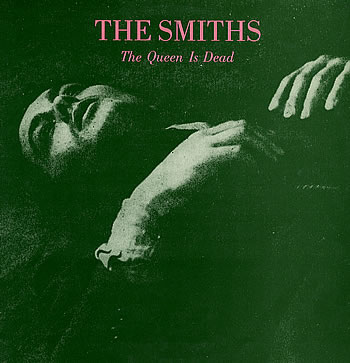
The Album's Title Is A Play On "Borstal, Here We Come" From Billy Liar
The Smiths’ final studio album is a very graceful way to bow out. Leaving aside the presence of some songs that spoil its second side and which are notoriously glaring, the record adheres to the formula that had worked so well before: self-questioning lyrics over jangly guitars and very solid grooves.
The album’s opener is (in my opinion) the best opener of all their albums. The song is called “A Rush And A Push And The Land Is Ours”, and it has a roaring vocal from Morriseyy while the main melodic instrument is a piano. It is abutted by “I Started Something I Couldn’t Finish”, a song which was released as a single. I agree with that decision – while it doesn’t lead the band into unchartered territories it does play their formula to a hilt, and it plays it well. But I can’t disagree with those who claim “Stop Me If You Think You’ve Heard This One Before” would have been a better A-side.
The other single, by the way, was “Girlfriend In A Coma”. Again, it incarnates their classic sound. It doesn’t take the listener anywhere he hasn’t gone before, but it lets him enjoy the ride for sure. Continue reading

